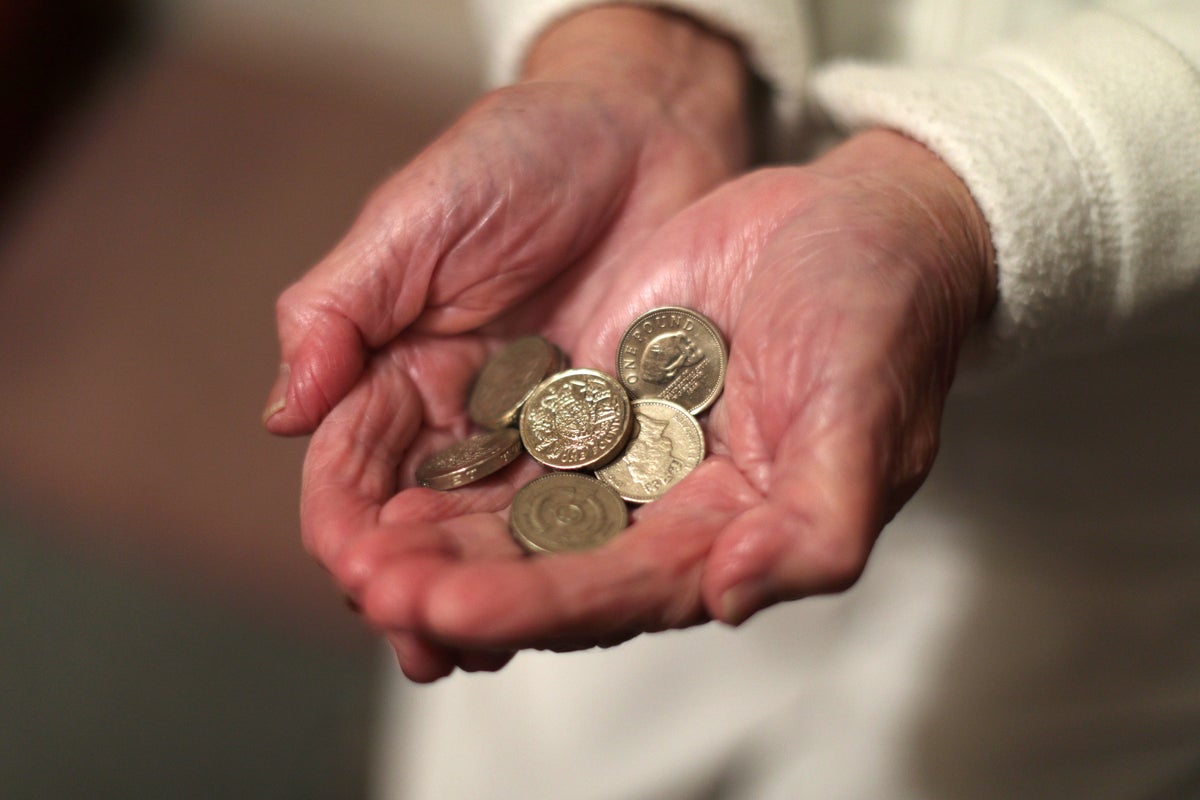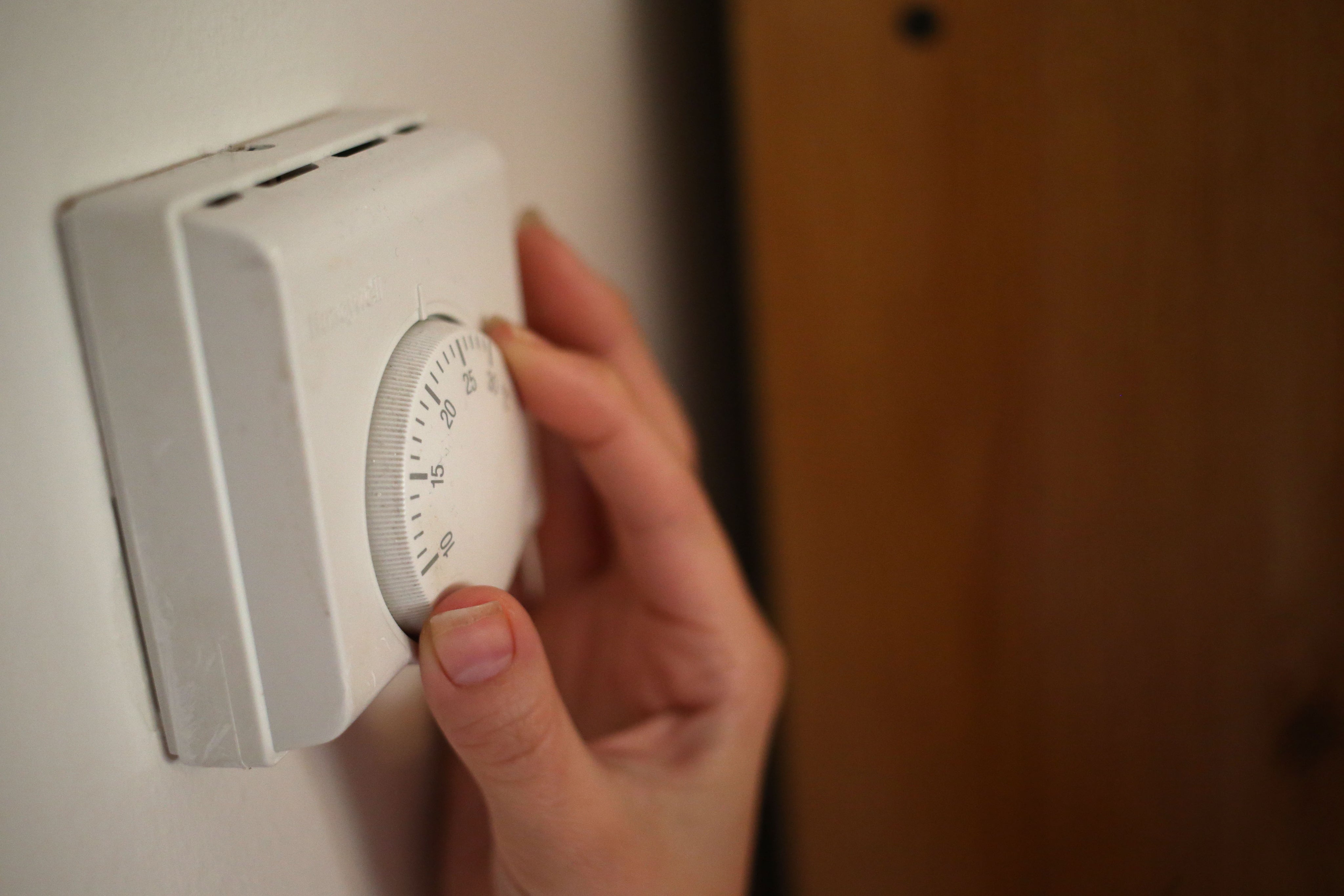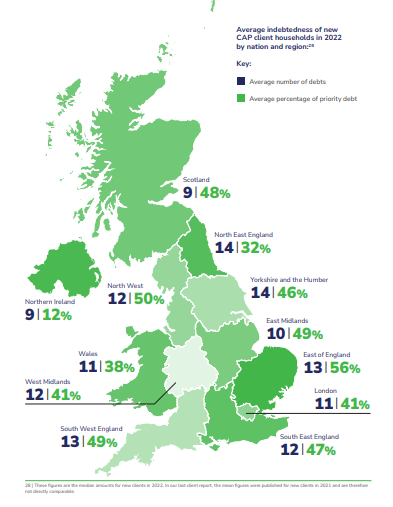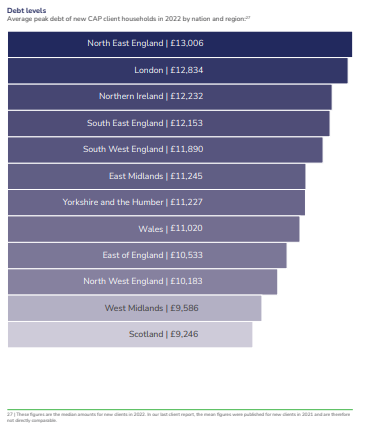
Cases of people contemplating suicide as a way out of debt have increased amid soaring living costs, a report has warned.
People receiving state benefits are also increasingly skipping meals and turning off heating because they do not have enough money to live, according to Christians Against Poverty (CAP).
The debt charity, which offers people financial support and debt advice, said it was shocked by the substantial rise in clients reporting suicidal thoughts in the past year.
Half of the respondents to a survey of over 600 clients said that they had considered or attempted suicide as a way of our debt. This was a jump of 14 per cent, up from the 36 per cent who expressed these thoughts the year before.
Rachel Gregory, from CAP, said that people had reached “new levels of hopelessness” due to rising living costs.
“We’ve long been aware of the issue of suicidal ideation driven by people’s problems with debt, but we have been really shocked by the scale of the increase that we have seen,” she said.
“We are now in a position where one in two people who come to us have considered suicide as a way out of their debt. The speed of that rise has been really substantial, because it has been pretty static - around a third - for a significant number of years before that.
“We are trying to let people know that advice can help a lot and we also want to sound the warning that we are seeing this increase in people who just don’t have enough money to live and are having to borrow to pay for essential living costs.”

Nine in 10 of CAP’s new clients in 2022 received some of their income from benefits. Social security payments are currently at their lowest ever level relative to earnings, at 13 per cent, according to charity the Joseph Rowntree Foundation.
Some 90 per cent of low-income households receiving Universal Credit report going without essentials to make ends meet, the organisation reported.

This tallied with the people seeking help with rising debt from CAP. In 2022, the charity helped 9,168 people with their debts and, on average, new clients owed a total of £11,240.
In one case that CAP supported, James, a machine operator, was laid off during the pandemic by the mailing company he had worked for for seven years. “As an agency worker, I wasn’t entitled to any financial support when I lost my job, so everything spiralled out of control,” he said.

He explained: “Universal Credit was my only income. I was relying on it to pay my rent, my bills, to buy food. However, I had several County Court judgements and debts beign deducted from my payments. I thought they had to leave you with enough to live on, but I was losing half of my benefits every month. It wasn’t enough to cover my rent and I thought I was going to lose my house.”
James’s mother paid for his internet so that he could still search for work online, and he would go round to hers for tea as he couldn’t afford food or heating. He started sleeping downstairs on the couch for fear that bailiffs would turn up with an eviction order.
He added: “I didn’t go anywhere for 18 months. I was barely surviving.”
Rising cost of rent has also been pushing Britons into poverty, with new data from SpareRoom showing that 81 per cent of renters in the UK are spending more than 30 per cent of their take home pay on rent.
Over one in three renters are now spending more than half of their salary on rent, meaning they classify as “severly rent burdened”, the flatshare site said.
According to CAP’s annual client survey of over 600 clients, 54 per cent of people said they had skipped meals at least monthly, an increase from 47 per cent in this situation in 2021. This rose to 59 per cent of people who were receiving disability benefits.
51 per cent of people said they had been unable to heat their homes, up from 45 per cent in the previous year, data showed.
Those based in the North East of England and London had the highest average peak debt, the charity said.
If you are experiencing feelings of distress, or are struggling to cope, you can speak to the Samaritans, in confidence, on 116 123 (UK and ROI), email jo@samaritans.org, or visit the Samaritans website to find details of your nearest branch.
If you are based in the USA, and you or someone you know needs mental health assistance right now, call the National Suicide Prevention Helpline on 1-800-273-TALK (8255). This is a free, confidential crisis hotline that is available to everyone 24 hours a day, seven days a week.
If you are in another country, you can go to www.befrienders.org to find a helpline near you.







